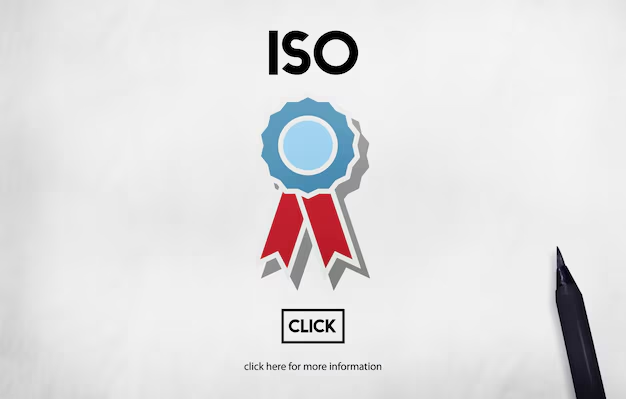
Introduction
ISO certification is a powerful tool for organizations seeking to improve their quality, operational efficiency, and global reputation. The International Organization for Standardization (ISO) sets internationally recognized standards across various sectors, including quality management, environmental impact, and information security. Obtaining ISO certification demonstrates an organization’s commitment to excellence, regulatory compliance, and continuous improvement, ultimately helping businesses gain a competitive edge in their industry.
What is ISO Certification?
ISO certification is a formal recognition that an organization complies with the requirements set by international standards. These standards cover a range of aspects, including quality management (ISO 9001), environmental management (ISO 14001), occupational health and safety (ISO 45001), and information security (ISO 27001). Certification is awarded by accredited bodies after thorough audits and assessments to ensure the organization meets the relevant standards. The certification process helps organizations streamline their operations, enhance customer satisfaction, and reduce risks.
The Process of Achieving ISO Certification
Achieving ISO certification involves several key steps. First, an organization must choose the relevant ISO standard based on its industry and objectives. Next, it must implement the necessary changes in its processes and systems to align with the standard. This often includes documentation of policies, procedures, and objectives, followed by training employees and making improvements where needed. Once the organization is ready, it undergoes an audit by a certification body. If successful, the organization is awarded the ISO certification, which must be renewed periodically through surveillance audits.
Benefits of ISO Certification
ISO certification provides numerous benefits for businesses. It improves operational efficiency by streamlining processes and reducing waste. It also enhances customer satisfaction by ensuring that products and services consistently meet high-quality standards. ISO certification helps organizations comply with legal and regulatory requirements, minimizing the risk of non-compliance and associated penalties. Furthermore, the certification boosts the organization’s reputation, opening doors to new business opportunities and international markets.
Industries That Benefit from ISO Certification
ISO certification is beneficial for organizations across various industries, including manufacturing, healthcare, information technology, construction, and food production. Many sectors require ISO certification to meet regulatory standards, while others seek certification as a way to enhance product quality and customer trust. Regardless of the industry, ISO certification helps organizations maintain consistency and achieve long-term success.
Conclusion
ISO certification is a valuable asset for organizations aiming to improve their management systems and maintain high standards. It not only ensures regulatory compliance and operational efficiency but also boosts customer trust and opens doors to new opportunities. By pursuing ISO certification, businesses can demonstrate their commitment to excellence, increase their competitiveness, and drive continuous improvement in all aspects of their operations.